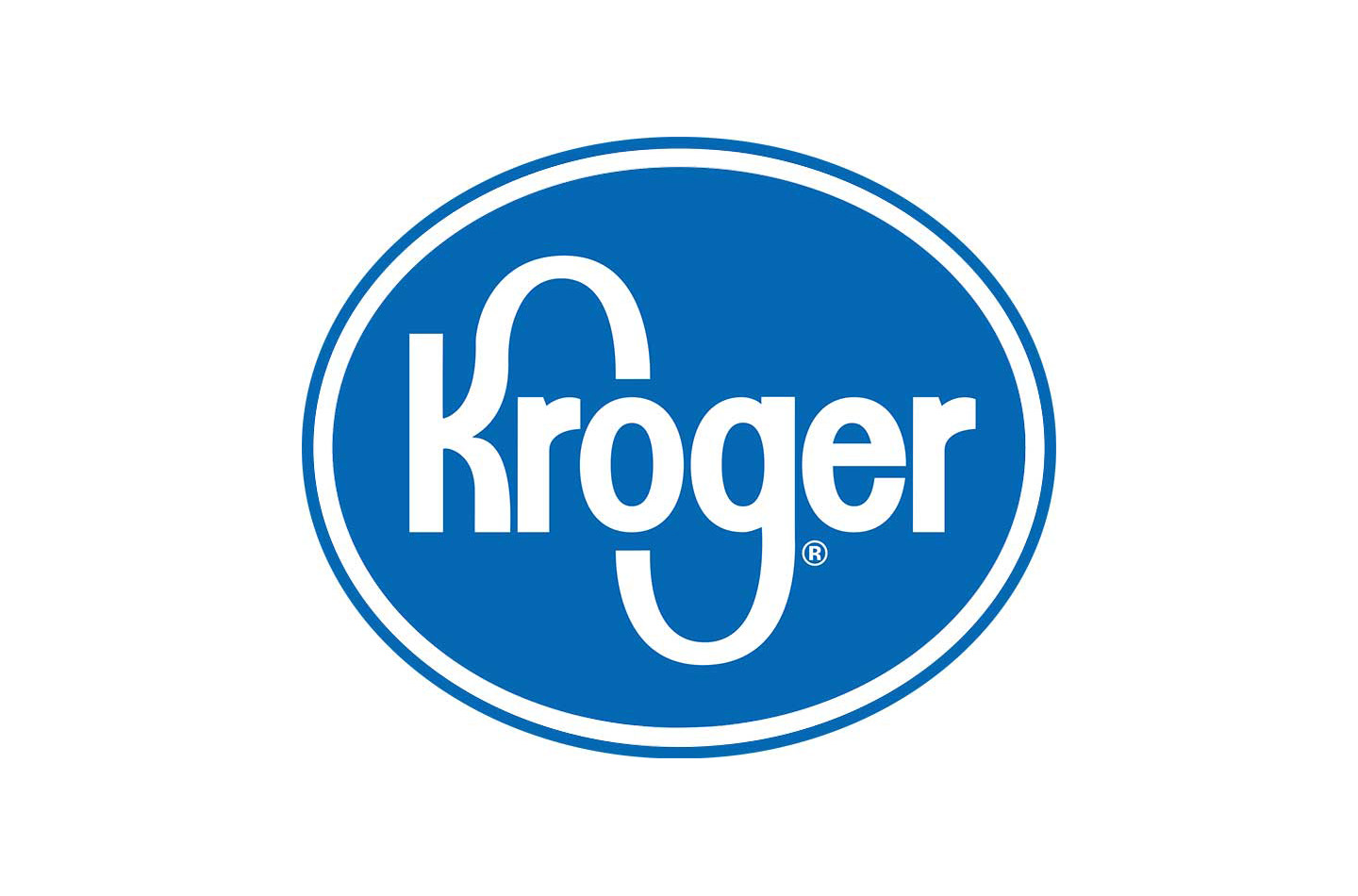Cincinnati, Ohio-based Kroger has updated its pollinator policy encouraging suppliers to move away from pesticides and adopt alternative pest management. The policy states Kroger supports the expansion of organic food and products that are affordable for many families.
Friends of the Earth and other environmental, consumer, beekeeper and farmworker groups have pressured Kroger for more than three years to eliminate toxic pesticides and expand organic offerings to protect people and pollinators, marking a small but robust victory. This announcement follows protests outside Kroger’s annual shareholder meetings by Ohio organizers, farmworkers from Florida, students and public health, beekeeping, environmental, faith-based and consumer allies.
“This is a step in the right direction to protect people and pollinators from toxic pesticides in Kroger’s supply chain,” said Tiffany Finck-Haynes, pesticides and pollinators program manager at Friends of the Earth. “However, this policy is non-binding and vague. We urge Kroger and other top food retailers to do their part in addressing the pollinator crisis by making clear, time-bound commitments to phase out chlorpyrifos, neonicotinoids, glyphosate and other toxic pesticides throughout their entire food supply chains.”
“While we welcome and celebrate Kroger’s expanded pollinator policy and the steps it is taking to protect bees by encouraging suppliers to limit bee-harming pesticides and increase its pesticide-free products, Kroger must do more,” said Katie Reilly, campaign manager at SumOfUs. “The loss of pollinators puts our entire food supply and Kroger’s business model at risk. As the largest grocery store chain in the U.S., Kroger has a responsibility to its customers and shareholders to phase out bee-killing pesticides on the food it sells and be a leader in protecting bees and our food supply.”
“We are pleased Kroger is examining how they can protect pollinators from the adverse impact of pesticides. However, the pesticide labels do not protect pollinators, nor do they protect farmers and farm workers from tank mixes of pesticides,” said Michele Colopy, program director for the Pollinator Stewardship Council. “Combinations of pesticides increase the toxicity of the pesticides killing honey bees. These pesticides remain in the soil, killing the beneficial insects that protect crops and provide nutrition to crops. Healthy soils support healthy pollinators which support healthy food. We encourage Kroger to continuing learning about the impact of pesticides on the very pollinators that provide them with food to sell.”
Recent independent lab testing found that Kroger’s store-brand foods contain pollinator-toxic pesticides including glyphosate, organophosphates and neonicotinoids. Kroger lags behind its competitors on pesticide reduction. Costco updated its pesticide policy to encourage suppliers of fruits, vegetables and garden plants to phase out the use of chlorpyrifos and neonicotinoids. Yet a 2018 scorecard from Friends of the Earth found that Kroger is failing to protect bees and people from toxic pesticides.
Pollinators and other insects could go extinct within a century, threatening a “catastrophic collapse of nature’s ecosystems,” according to the first comprehensive global meta-analysis of insect decline. The widespread use of neonicotinoids and other toxic insecticides in industrial agriculture is a key driver of this decline. Bees and other pollinators are essential for 1-in-3 bites of food.
Neonicotinoids, the world’s most widely used synthetic pesticides, are a key driver of global declines of critical pollinators and species ranging from aquatic insects to birds. Despite millions of public comments, the U.S. Environmental Protection Agency has delayed action on most uses of these pesticides.
Chlorpyrifos is a toxic nerve agent pesticide that threatens the survival of bees and other pollinators and can cause damage to children’s developing brains, including reduced IQ, loss of memory and attention deficit disorders, as well as acute pesticide poisoning in adults and children. Agricultural workers, their families and rural communities are particularly vulnerable. The EPA was set to ban all uses of chlorpyrifos nationwide last year, but the Trump administration reversed that decision.
Glyphosate is the world’s most widely-used weed killer, a probable carcinogen and a leading driver of monarch butterfly decline. More than 13,400 people are suing Bayer-Monsanto for glyphosate’s contribution to their cancer and juries have awarded more than $2 billion in damages to date.

